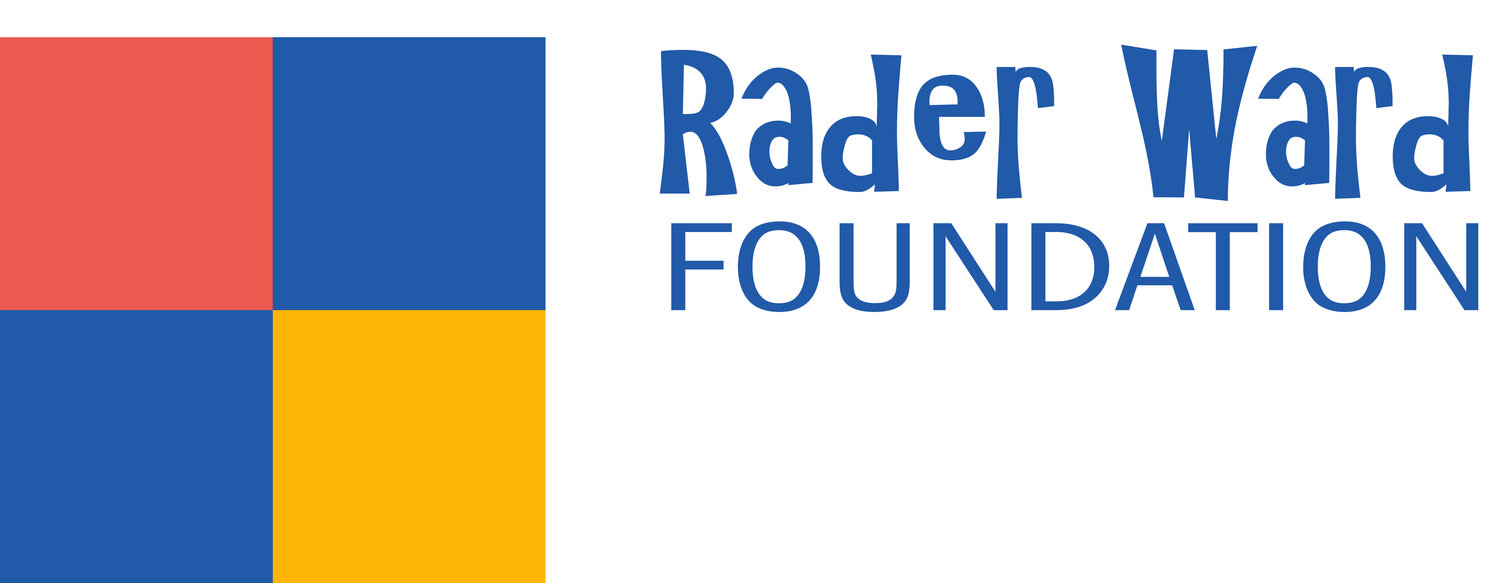[Today's theme is the redemption arc.]
Let me call your attention to a destructive line of thinking. You may have heard it applied to a variety of scenarios and expressed in a couple of different ways. For example, does this sound familiar? "Special kids are given to special parents." Ugh, so common in the disability community. How about this one? "This (tragedy or loss) occurred so you could 'become your best self' or 'grow as a person.'"
That's right, I'm talking about "everything happens for a reason" — the redemptive storyline. I'm intimately familiar with this storyline because I've been redeemed myself, but not in the way you think. I'm in recovery from a lifetime of belief that 'events unfold the way they should,' and 'good things will come of it' (whatever 'it' is). I was always a silver lining person.
Truth be told, I'm still a silver lining person. I love to see something good develop. Who doesn't? But the difference is now I know how hurtful it is to claim there's divine design behind disasters. Here, I'm going to throw in another incredibly unhelpful variation on this theme: "God won't give you more than you can handle." (You may have thought that one came from the Bible. Surprise! It's not in there.)
You know what? Things do happen. My 15-year-old son died by suicide. Are you really going to tell me a benevolent god looked at me and said, "Yeah, she's got this!" Oh, please. Yes, tragedies occur — or losses, or challenges — in the lives of all sorts of people. And maybe what feeds this narrative is, most of us rise to them. Because what choice do we really have? And who wants to take up residence in the worst place life has ever brought you?
I am only speaking for myself here. I know others also seem "strong" or "brave" or "inspiring" in the face of tragedy, but they have their own stories to tell. The reasons I do the work of the Rader Ward Foundation are varied. But yes, of course I want to try to do some good. I don't want other parents to have to figure out how to go on after a child's suicide. I don't want anyone to struggle with their mental health and not know what resources are available. I don't want bereaved people in this society that doesn't do grief well to continue to feel isolated and vilified. Yes I am trying to create some good in the world after what's commonly called "a parent's worst nightmare" became reality in my life. Obviously I don't want Rader's death to be "in vain." NONE of that means he should have died so this good would come from it. Or so that, god forbid, as a writer I'd finally have something important to say.
The redemption narrative may make for happy endings in the movies, but it wreaks a lot of havoc in real life. Next time you're in a position to offer comfort to someone suffering a tragedy, challenge, or loss, please keep the platitudes to yourself. Don't tell them it's all for the good or that this is how it was meant to be. Instead, say you care for them and you're there to listen.
P.S. My writer friend Maureen is mom to a child who has Down syndrome. I read this article of hers years ago, and it really stuck with me. In fact when you read it, you can see the influence it had on my thinking. I went back and found the piece after I finished writing to this prompt, and surprised myself with the parallels! Also let me state explicitly that I don't believe having a child with differing abilities is a tragedy. But it's shocking how much overlap there is in the way people tend to react to my situation and hers.
